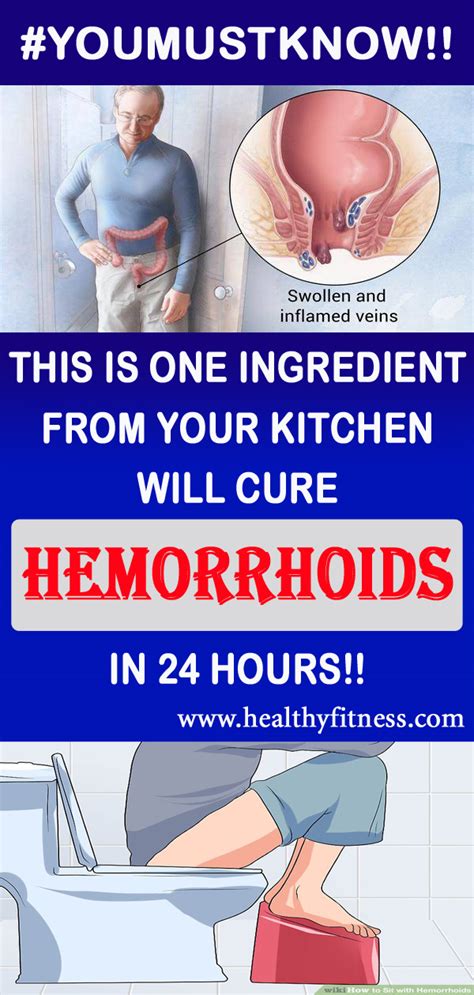How to Heal Hemorrhoids: A Comprehensive Guide
Hemorrhoids, also known as piles, are swollen veins in the anus and rectum that can cause pain, itching, and bleeding. While they're a common ailment, experiencing them can be incredibly uncomfortable. This comprehensive guide will explore various methods for healing hemorrhoids, from home remedies to medical interventions. Remember, this information is for educational purposes only and isn't a substitute for professional medical advice. Always consult your doctor for diagnosis and treatment.
Understanding Hemorrhoids: Types and Causes
Before diving into treatment, let's briefly understand the different types and causes of hemorrhoids:
- Internal Hemorrhoids: Located inside the rectum, these are often painless unless they become thrombosed (blood clot forms).
- External Hemorrhoids: Found under the skin around the anus, these can be painful, especially when inflamed.
- Causes: Straining during bowel movements, chronic constipation or diarrhea, pregnancy, obesity, prolonged sitting or standing, and family history all contribute to the development of hemorrhoids.
Home Remedies for Hemorrhoid Relief
Many home remedies can help soothe hemorrhoid symptoms and promote healing. These are best used for mild cases and in conjunction with lifestyle changes:
1. High-Fiber Diet:
Why it helps: A diet rich in fiber softens stools, reducing straining during bowel movements. Foods to include: Fruits, vegetables, and whole grains.
2. Increased Water Intake:
Why it helps: Staying hydrated softens stools, making them easier to pass. Aim for 8 glasses of water daily.
3. Sitz Baths:
Why it helps: Soaking in warm water can soothe inflammation and reduce pain. How to: Fill a bathtub or a special sitz bath basin with warm water and soak for 15-20 minutes, several times a day.
4. Over-the-Counter Treatments:
Why it helps: Many creams, ointments, and suppositories are available to relieve pain, itching, and inflammation. Note: Always follow product instructions carefully. Common ingredients include hydrocortisone and lidocaine.
5. Witch Hazel:
Why it helps: Its astringent properties can reduce swelling and inflammation. Apply a small amount to the affected area after cleaning.
When to Seek Medical Attention
While home remedies can provide relief for mild cases, it's crucial to seek medical attention if:
- Bleeding is severe or persistent.
- You experience significant pain.
- Symptoms don't improve after several weeks of home treatment.
- You notice a lump or protrusion that doesn't go away.
Medical Treatments for Hemorrhoids
Your doctor might recommend various medical interventions depending on the severity of your hemorrhoids:
- Rubber Band Ligation: This procedure cuts off blood supply to the hemorrhoid, causing it to shrink and fall off.
- Sclerotherapy: Injecting a solution into the hemorrhoid to shrink it.
- Coagulation: Using heat, laser, or infrared light to destroy the hemorrhoid tissue.
- Hemorrhoidectomy: Surgical removal of hemorrhoids. This is generally reserved for severe cases.
Preventing Hemorrhoids: Lifestyle Changes
Preventing hemorrhoids involves adopting healthy lifestyle habits:
- Maintain a high-fiber diet.
- Drink plenty of water.
- Avoid straining during bowel movements.
- Exercise regularly.
- Maintain a healthy weight.
- Avoid prolonged sitting or standing.
Conclusion: Managing and Healing Hemorrhoids
Hemorrhoids can be uncomfortable, but with appropriate treatment and lifestyle changes, most cases can be effectively managed. Remember to consult your doctor for proper diagnosis and treatment, especially if your symptoms are severe or persistent. By following the advice outlined in this guide and prioritizing your gut health, you can effectively address and prevent future occurrences of hemorrhoids.
